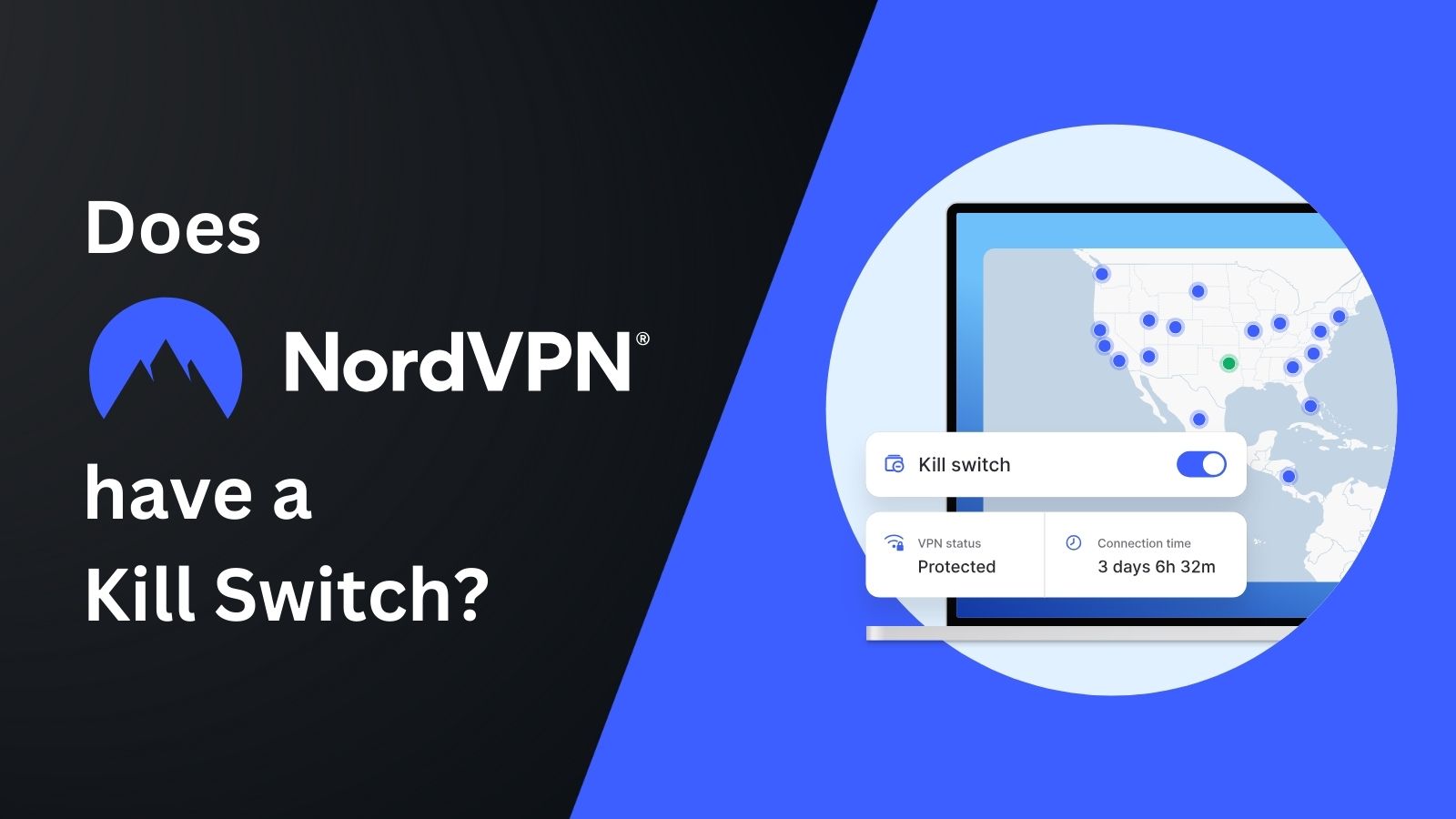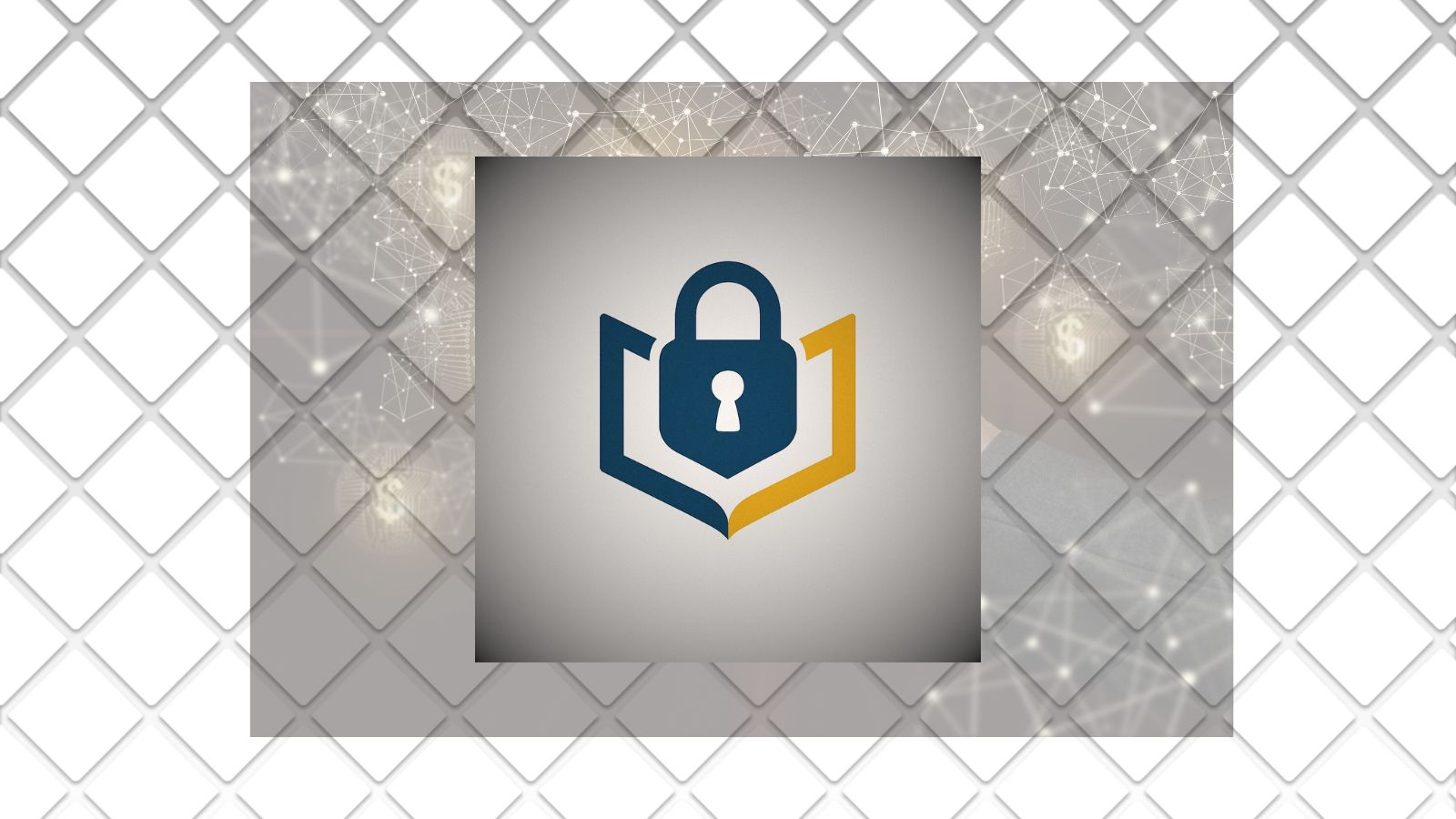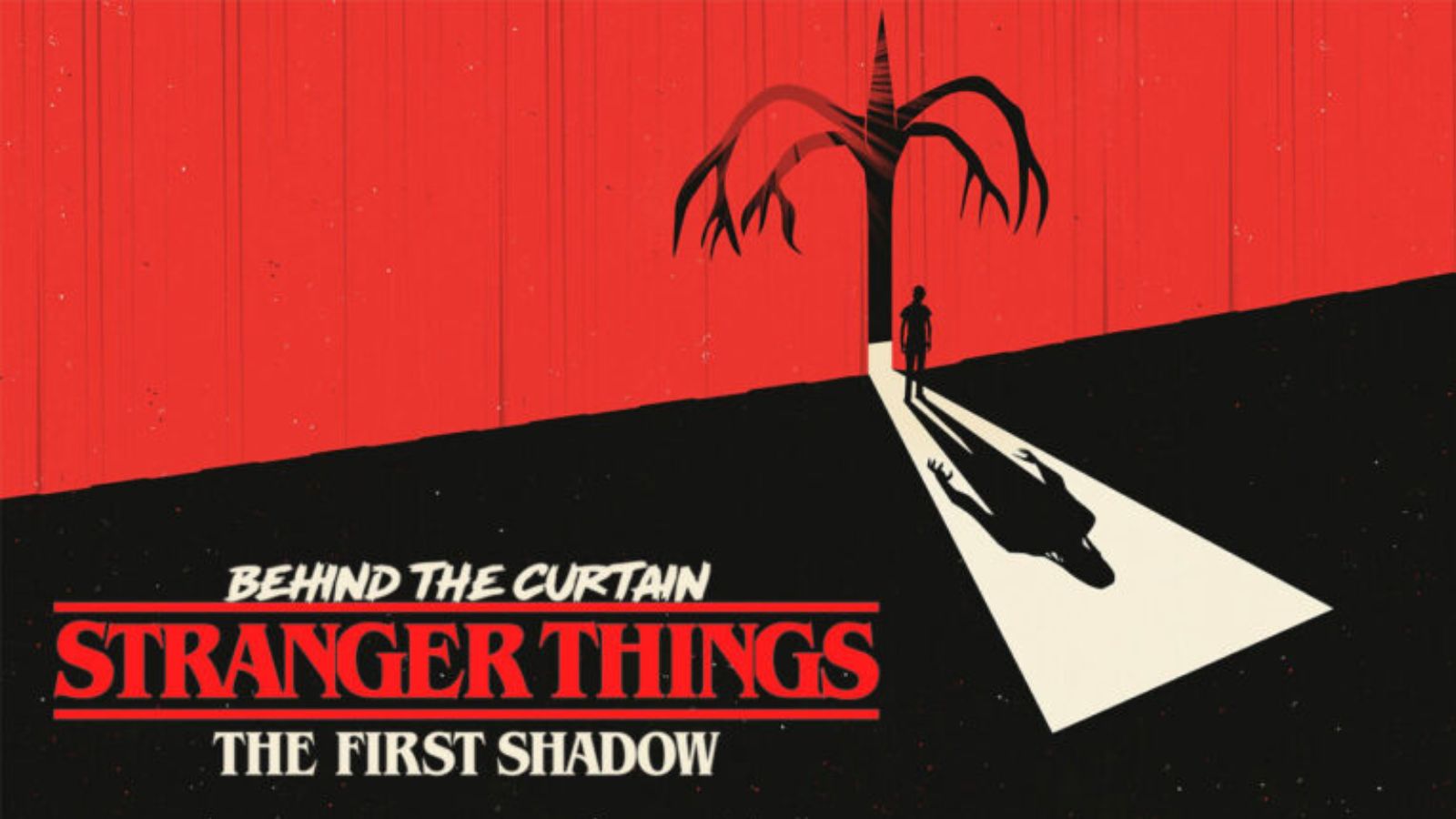
The Dangers of Dark Web Loans
There's a saying that money is the root of all evil. Well, money itself may not be evil by definition, but there are plenty of hardships in this world related to not having enough of the stuff.
When times get desperate, it might mean heading to the nearest bank, cap in hand. However, for a large number of people, it's impossible to get credit from mainstream financial services. Often because they don't qualify according to responsible lending regulations. So when you need money desperately to get out of a bind and no legitimate bank will give you any, disreputable sources of cash become the only alternative.
Loan Sharks on the Dark Web
There have always been moneylenders who are not so particular with loan eligibility. They will lend money to just about anyone but are much harsher with their collection terms.
People like these are known as "loan sharks" and their victims are numerous. The Dark Web is not different from the real world in this regard. There are people who need money and those will offer it, but for a price.
The term you'll see moneylender use on the Dark Web is "Dark Web Financial Services". This mirrors the term of a real world, legitimate financial services. As you may expect, there are plenty of reasons you shouldn't deal with these outfits, but let's unpack the problems one by one.
99% Scams
The most obvious issue is that most things on the Dark Web that are offering something seem too good to be true are probably scams. If someone is willing to lend you money, without any hassle or terms that are great for you but not for them, that's a sign you might be dealing with a scammer. What would they scam out of a desperate and broke person? We could come up with many possibilities, but personal information, what little money you have (an advance fee) or stealing something you put up for collateral are just a few possibilities.
Impossible Terms
As with many real-life loan sharks, even if you are actually being lent money it may only be the start of your troubles. When money is lent in the legal financial industry, there are limits to what the lender is allowed to do. They can't charge interest higher than regulation allows. They can't just collect when and how they want to.
If you take money from a Dark Web loan shark you have none of the protections or guarantees that legit banks and creditors would be bound to.
Which means that even a small loan could quickly balloon into the sort of liability you have no reasonable prospect of ever repaying. For the loan shark, it's preferable that you never pay off the principal amount of the loan. It means you'll be paying nothing but interest for as long as the shark can string you along.
So think carefully about those terms, they could be the equivalent of indentured servitude. That is if the lender even sticks to their own terms!
Extortion and Violence
Extortion is the act of getting something you want by threats in order to get what you want. Dark web creditors usually demand that you provide your real name, address and some sort of proof that you are who you say you are. For example, a photo of you holding your passport, while also holding today's newspaper.
You can't expect the same courtesy from the lender, however. You will never know who they really are. That creates a massive power imbalance between you and the lender. A legitimate bank is a known entity. You know who the CEO is, where the buildings are and everything else is transparent and public. All you know about your Dark Web financier is that they know who you are.
Once they have you in debt and know who you are, there are a million ways to be manipulated. Hiring people to stalk you, getting hackers to dig up dirt on you for blackmail purposes. Even just the debt itself. It's unlikely anyone who ever borrows money from a faceless loan shark on the Dark Web will ever have a good night's sleep again.
Identity Theft
Stealing identities is a bread and butter form of business on the Dark Web. If you have the coin for it, you can buy people's lives in the form of passport and ID scans, birth certificates. You name it, you got it. Which means that the goal of identity theft probably isn't at the top of reasons someone would run a loan scam or loan sharking operation. However, if someone asks you for scans of your identity documents and a whole bunch of questions about your personal life, there's a lot of damage they can do with that information. In the legal world of lending, there are laws that limit what, for example, a bank can do with your personal data. If they sell it to a third party it could mean massive fines and other legal sanctions. When you place that information in the hands of a Dark Web stranger, well, you reap what you sow.
When is Desperate Too Desperate?
It's easy to sympathize with someone who is going through a rough time financially. Most of us get desperate at one point or another. However, there are many alternative options you can consider. If you're in trouble with legitimate credit providers, there are many legal protections. You can apply for restructuring, get debt counseling or get protection by declaring bankruptcy. Speaking to a licensed debt counselor is a good move. Applying for social support in countries that allow it is another possible way to deal with hard times. You can also set up crowdfunding campaigns, such as GoFundMe to get help from the internet community. Getting into debt with anonymous, potentially dangerous strangers would seem to be a step too far.
Do you still think a Dark Web loan is a good idea? Would you risk it? Let us know in the comments. Lastly, we’d like to ask you to share this article online. And don’t forget that you can follow TechNadu on Facebook and Twitter. Thanks!
















